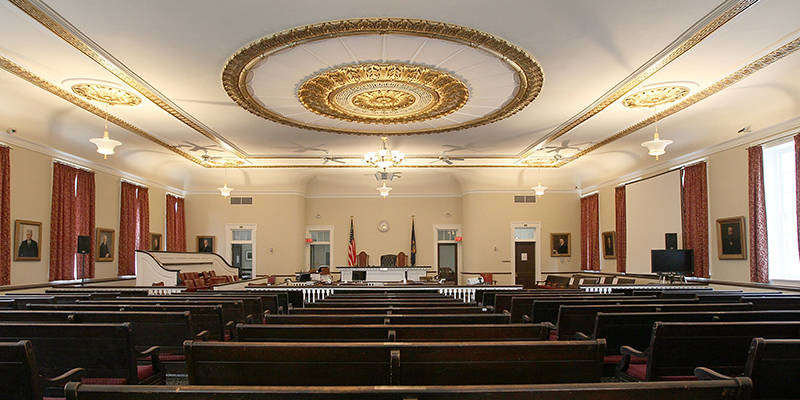The defendant's attorney has a tight ponytail and high heels. Her client slumps in the Oakland courtroom in an ill-fitting suit. He's accused of sexual assault. The assistant DA has implied that there is no DNA evidence. The victim's testimony, however, is enough to establish fact.
We're part of the jury selection process called "voir dire", a term meaning "to say what's true." We answer questions about our jobs, marital status. Then the judge asks: "Have you ever been a victim of sexual assault?"
"Yes," says the first juror. She was abused as a child. The next woman also has been a victim --groped in the subway. Another dabs her eyes with a tissue, nodding. Yet another answers privately, in chambers. "I work in the system," one prospective juror says. "The case would never have gotten this far if something hadn't happened."
She is dismissed.
"Let's say you're going to buy a house," the defendant's attorney says. "Would you trust the realtor if she merely claimed the foundation was solid?" She stomps her high heeled foot. "No, of course not. You'd need evidence. An inspection report." A few people nod. "You wouldn't just take her word for it."
